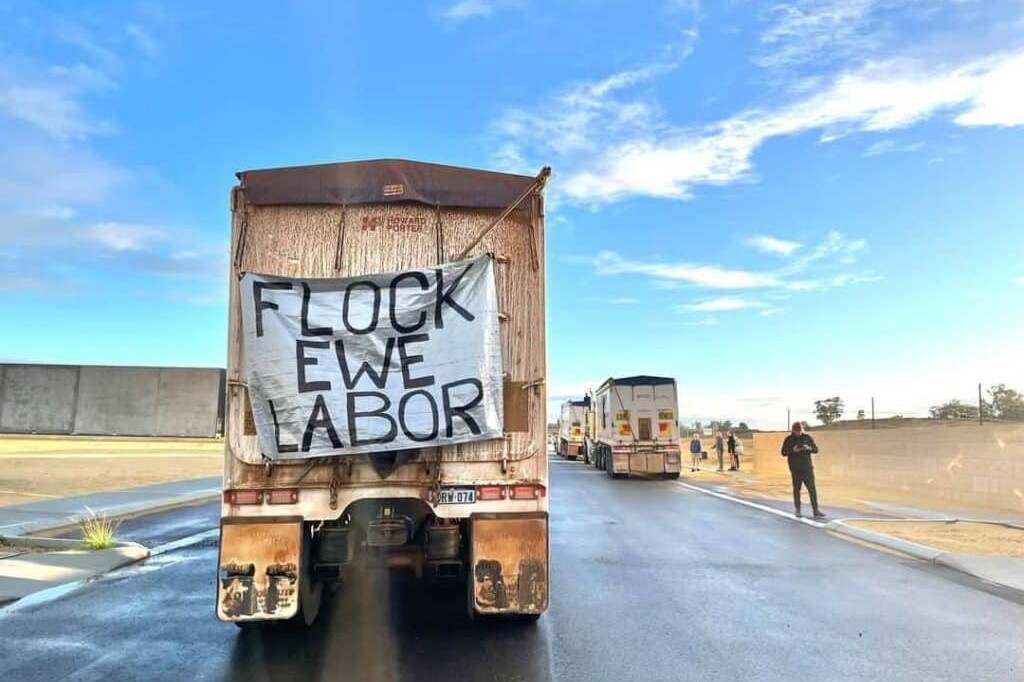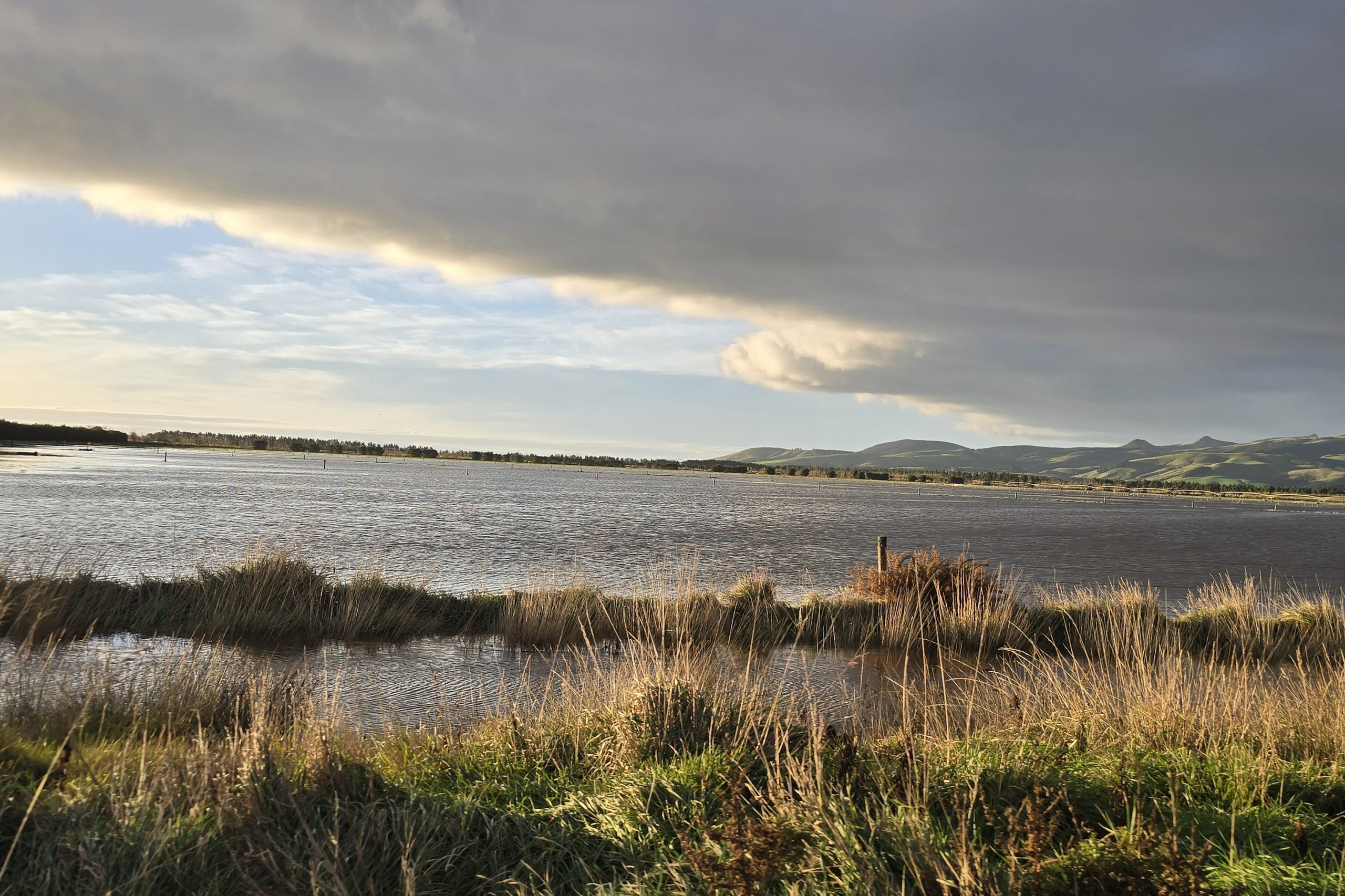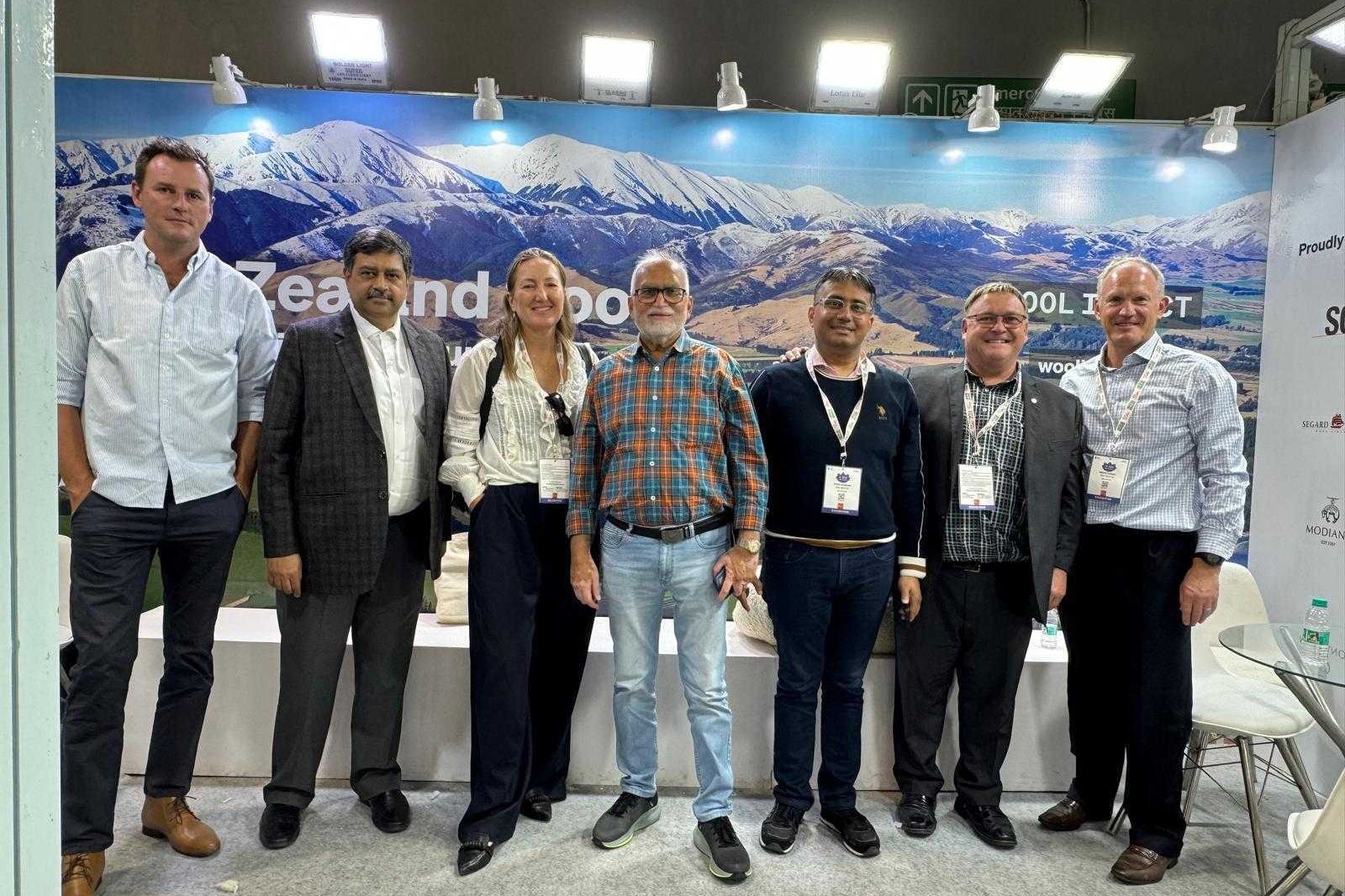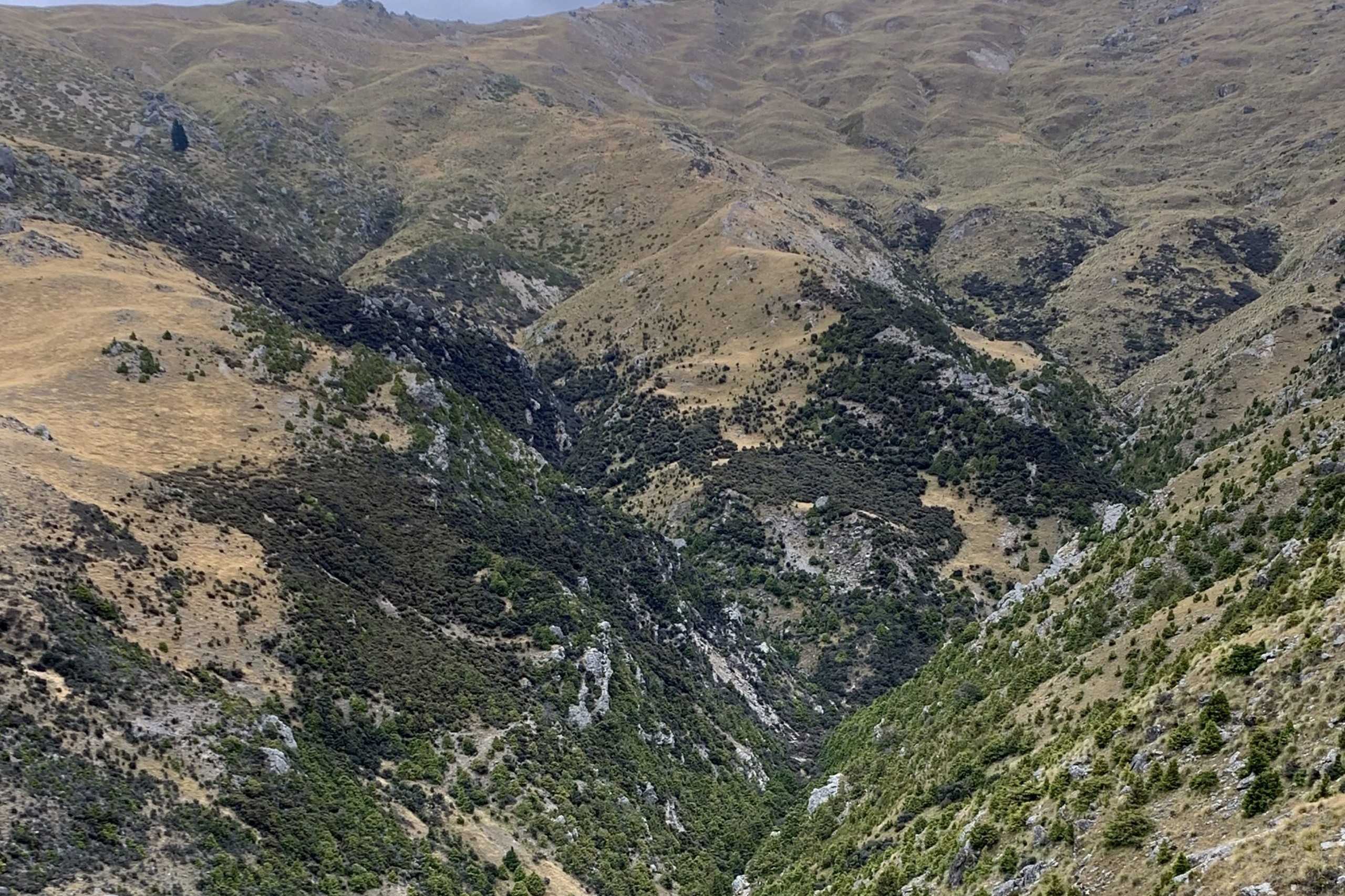Cambridgeshire, England farmer David Walston has one eye on the weather, the other on the US trade deal.
Well, where to start? 2020 has been fairly eventful for a number of reasons. I guess that, being a farmer, the easiest thing to talk about is the weather. I’m no meteorologist so I can’t do a great job of explaining but so far this year we have been having a really tough time with the jet stream – it just keeps on getting stuck.
The jet stream really governs the general type of weather we get, so when it gets stuck in one place the weather doesn’t change. This explains why we had an incredibly wet first three months of the year, with many parts of the country having terrible flooding, compounding the wet autumn and winter that saw very few winter crops sown on large proportions of UK farmland. Unfortunately, this has now flipped to the other extreme and there has been almost no rain at all in the southern half of the UK for over a month. One incredible statistic is that the UK usually gets 436 hours of sunshine in the three months of March, April and May. The record, until this year, had been 555 hours – 2020 managed 626!
We have actually been relatively lucky on our farm. First, although it was a very wet winter we did manage to get all our crops drilled by early November. We then picked up a few isolated rainstorms at the end of April giving us a bonus 25mm. So, even though it has hardly rained at all since May 1st (a whopping 1.3mm), the farm still looks pretty good today, June 4th.
There is a little bit of rain forecast for the next week, which is really critical since we are now in the main grain-fill timing for wheat. Hopefully, the oilseed rape can still make use of a drink as well although the damage from cabbage stem flea beetle larvae has been horrific over the spring months. Our winter beans, which produced a record harvest in 2019, certainly won’t this year. For months I was wondering if we had bred a new super dwarf variety but they have now at least reached knee height!
Agronomy decisions have been a tough balance of trying to maximise potential while not overdoing the spend during a drought. Luckily we performed a very useful trial last year looking at responses to T1 & T2 fungicides in wheat. Although the weather was very, very dry for weeks around those timings in 2019, they each returned 1t/ha yield increases on a variety with strong inherent disease resistance. Those results have made my life easier – now I don’t worry too much about should-I-shouldn’t-I use them, my concern is mainly on the precise spend I think is going to maximise our returns. Of course, without a crystal ball I’m never going to get it right all the time and using a fungicide that is strong on Septoria was maybe not a great choice in such a dry year!
On a wider scale, there has been consternation among farmers over the last month as our government has passed a new Agricultural Bill in parliament but has not put in any provisions to protect against food being imported that does not meet the UK’s production standards. This is hardly a surprise as agriculture was always going to be a sacrificial lamb on the table of a terrible trade deal with the USA – one that the government feels it must achieve at almost any cost since they see it as a justification for a Brexit that has always promised “cheaper food”.
Watching farmers who were desperate for Brexit now realise what it may actually mean – having dismissed the warnings as hyperbole for years – certainly gives a tiny sense of schadenfreude, but mostly it’s just depressing. We didn’t have to do it!




